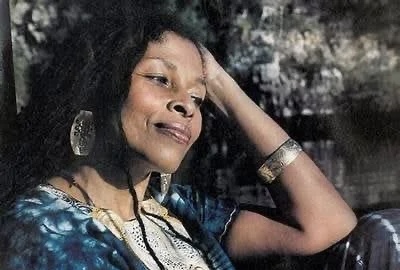HAVANA, Cuba — Assata Shakur, born Joanne Deborah Byron and later known as Joanne Chesimard, has died at the age of 78. A figure who embodied both defiance and controversy, Shakur was celebrated by many as a revolutionary icon of the Black Liberation Movement while vilified by U.S. authorities for her militant activism.
Born in Queens, New York, in 1947, Shakur came of age in a period marked by segregation, racial injustice, and political unrest. As a young woman, she became deeply involved in the struggle for Black empowerment, first through the Black Panther Party, which focused on community programs and protection against police brutality, and later with the Black Liberation Army (BLA), which embraced armed resistance as a tool of liberation.
Shakur’s life forever changed on May 2, 1973, during a confrontation on the New Jersey Turnpike. While traveling with fellow activists Sundiata Acoli and Zayd Shakur, their car was stopped by state troopers James Harper and Werner Foerster. A shootout followed, leaving Trooper Foerster and Zayd Shakur dead, with Assata and Trooper Harper wounded. Assata was arrested, charged, and later convicted of Foerster’s murder, a conviction she consistently maintained was unjust.
Sentenced to life plus 30 years, her case drew widespread criticism from supporters who argued she was targeted for her politics and denied a fair trial amid a broader campaign by U.S. authorities—including COINTELPRO—to dismantle Black liberation movements.
In 1979, Shakur made a daring escape from prison with the aid of allies, including Mutulu Shakur and Marilyn Buck. After years underground, she surfaced in Cuba, where she was granted political asylum by Fidel Castro in 1984. She lived the rest of her life in exile, remaining a voice of resistance and a global symbol of the struggle against racial and political oppression.
Her memoir, Assata: An Autobiography, published in 1987, offered an unflinching account of her life, politics, and incarceration. It remains a seminal text for activists and scholars of Black liberation.
To some, Shakur was a fugitive and radical militant; to others, she was a freedom fighter, survivor, and unwavering symbol of resistance. Her death closes a chapter on one of the most enduring—and divisive—figures of the 20th century’s fight for racial justice.
Even in passing, Assata Shakur’s name continues to evoke debates about justice, liberation, and the costs of struggle. Her legacy endures in the movements she inspired, the communities she defended, and the generations that still draw strength from her story.

Leave a Reply